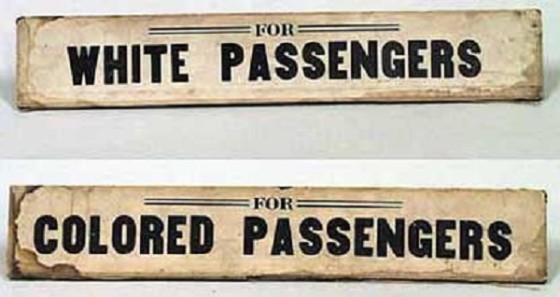Kate Brown was a free black woman who began working for the US Senate as a laundress in 1861. Within a year, she was promoted to supervisor of the ladies retiring room. This was a noteworthy position for a young woman of color and Brown became known to Senate employees as a person of intelligence and refinement.
On February 8, 1868, she boarded a Washington, DC bound train in Alexandria, Virginia after visiting a sick relative at 3:30 p.m. Upon entering the train a policeman employed by the train, by the name of Meade, commanded Brown to go into the forward car. However, Brown replied, “This will do,” and proceeded as far as to get inside of the door of the rear car, which led the policeman to use abusive language.
Meade seized Brown and attempted by force to eject her from the train car. Brown refused to be moved; another person came to the police officers assistance. A scuffle occurred, and Brown was finally thrust violently to the forward car. A stranger came to the aid of Brown and cared for her until she was able to receive medical treatment.
Brown was bedridden for several weeks after the altercation, coughing up blood from a lung hemorrhage. Horrified by what had happened, Senators Charles Sumner and Justin Morrill called for an investigation into the event. The Senate issued a report critical of the railroad which reaffirmed Brown’s right to travel without racial restrictions.
Although segregation was legal on trains in some parts of the country at this time, the 1863 congressional charter authorizing the Washington & Alexandria Railway barred racial segregation. The clause “That no person shall be excluded from the cars on account of color” was included in the railroad’s charter at the instance of Charles Sumner.
sources:
read the senate’s 1868 report here: http://www.senate.gov/artandhistory/history/resources/pdf/KateBrownReport.pdf




















No comments